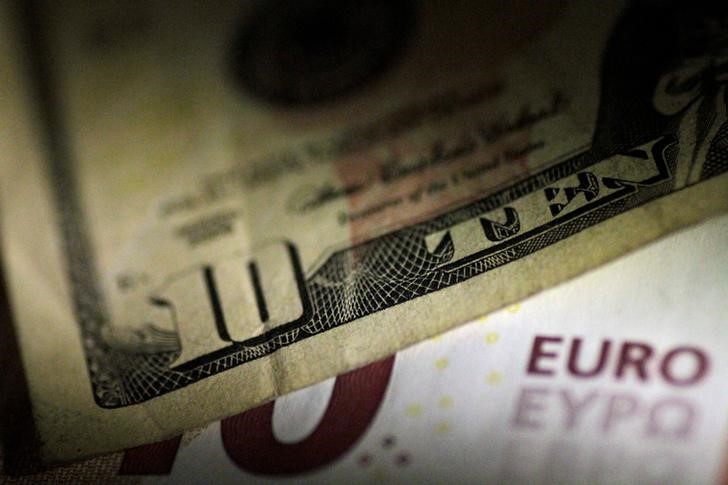Street Calls of the Week
Investing.com -- Britain is pressing the United States to speed up the implementation of a trade agreement announced earlier this month, amid uncertainty over when tariff cuts for U.K. carmakers and steel producers will take effect, the Financial Times reported Thursday.
U.K. Business Secretary Jonathan Reynolds is expected to raise the issue next week with U.S. Trade Representative Howard Lutnick at an OECD meeting in Paris.
British officials are aiming to clarify timelines and resolve delays surrounding the agreement’s implementation, the report said.
The pact, unveiled May 8, marked the first such deal signed by U.S. President Donald Trump since his administration introduced sweeping “reciprocal” tariffs in April.
Under the agreement, the U.S. pledged to lower a 27.5% tariff on U.K. car exports to 10% for the first 100,000 vehicles per year. It also committed to removing 25% tariffs on U.K. steel and aluminum shipments. However, none of these reductions have yet taken effect.
British officials said they are working closely with their U.S. counterparts to finalize the agreement and ensure that U.K. businesses begin to benefit as soon as possible.
They confirmed that the tariff reductions still require formal sign-off from the Trump administration. On the U.K. side, Parliament is expected to review the economic prosperity agreement and any associated legislation at a later stage, the report added.
The U.K. government has described the deal as a milestone in protecting jobs and supporting key industries, including automotive and steel. Officials said they are focused on moving forward quickly and efficiently.
From Washington, the White House indicated that the administration is working to fully implement the agreement and sees it as a major step forward for American businesses. U.S. officials view the pact as a meaningful way to promote fairness in trade and expand bilateral commerce.
The U.K. automotive industry is seeking clarification on whether the lower 10% tariff can be applied retroactively to shipments made after the May 8 announcement.
Jaguar Land Rover, which had paused the U.S.-bound exports in April in response to the tariffs, resumed shipping earlier this month but continued to pay the 27.5% rate.
Aston Martin (LON:AML) also limited exports earlier this spring and is hoping for resolution before resuming U.S. shipments in early June.
In the steel sector, unresolved issues include the size of export quotas and American concerns about Chinese ownership of U.K. assets.
In April, the U.K. government took temporary control of British Steel, which is owned by China’s Jingye Group, in a move aimed at maintaining operations at its blast furnaces.
Industry group U.K. Steel has urged both governments to finalize the agreement quickly, citing lost business opportunities. The group also emphasized that the terms of the deal must benefit the full range of U.K. steel producers.
In exchange for U.S. tariff relief, the U.K. agreed to expand market access for American exports of beef, ethanol, and various industrial goods, the report said.
